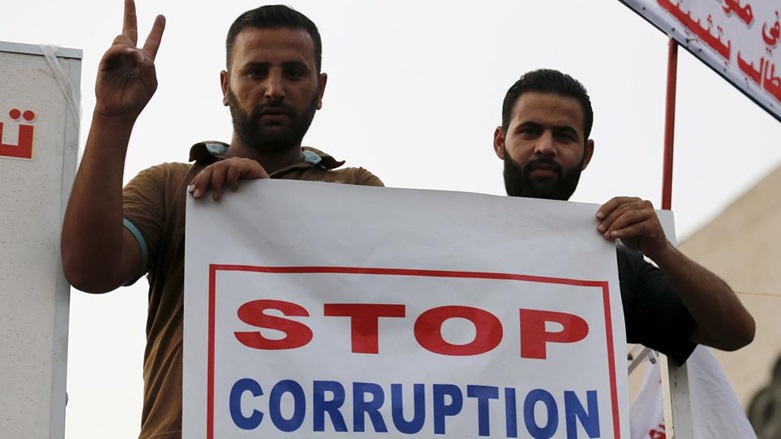Iraq investigates forged documents granting citizenship to over 4,300 foreigners

ERBIL (Kurdistan 24) – The Iraqi Commission of Integrity on Thursday announced that a local office of the Civil Status Department in Diyala province has issued, or has been in the process of issuing, Iraqi citizenship documents to well over four thousand foreigners.
The investigation department of the commission stated that a team from its Diyala investigation office managed to seize paperwork for 1,360 out of 4,333 forged records in the National Iraqi Card Department in the disputed district of Khanaqin.
A commission statement pointed out that the process had so far resulted in the arrest of one government employee on fraud charges.
Over the years, widespread institutional corruption has squandered billions of dollars from the wealth of Iraq, the annual revenue of which has recently suffered greatly due to sharply declining oil prices as a result of the coronavirus pandemic. This has put considerable strain on the national budget, already strapped for cash after funding the war against the so-called Islamic State beginning in 2014.
The commission indicated that its team, in a second operation, arrested three suspects in possession of receipts and fake seals with the names of various businesses, offices, and libraries.
Successive Iraqi federal administrations have been either unwilling or unable to curb rampant corruption since the new government was established over a decade and a half ago. The current administration, which ran on a reformist platform, continues to struggle to address the widespread mismanagement of public funds while facing strong resistance from within its own institutions.
The embattled Middle Eastern nation continues to rank high on Transparency International’s list for corruption, fraud, and mismanagement of state institutions, some of the most significant challenges facing the country since the fall of the former regime in 2003.
Editing by John J. Catherine
